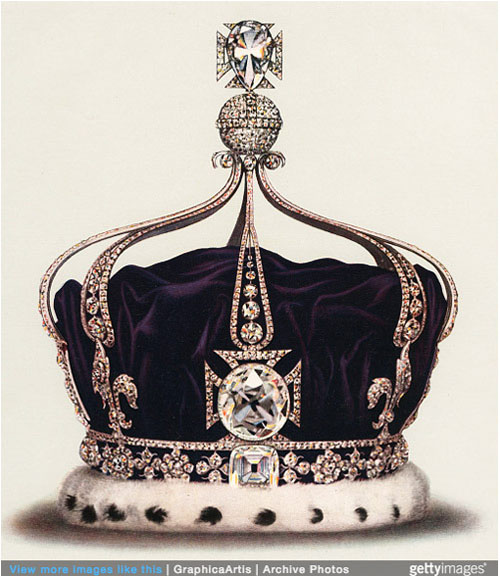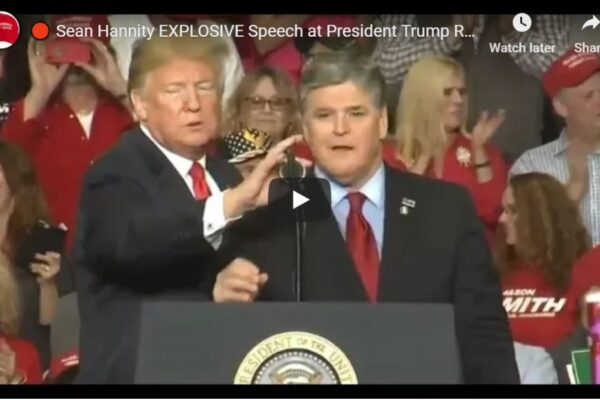The British Crown: Its Importance and Modern Day Relevance

Introduction
The British Crown represents more than just a royal emblem; it embodies the history, culture, and traditions of the United Kingdom. As a constitutional monarchy, the role of the Crown has evolved in the 21st century, marking its relevance in the contemporary political and social landscape. Recent events, including ceremonies, public engagements, and discussions around monarchy reform, have reignited public interest and debate about the Crown’s place in modern society.
Recent Events Concerning the British Crown
In the wake of Queen Elizabeth II’s passing in September 2022, the British Crown has undergone significant scrutiny and transformation. King Charles III, who ascended the throne, has implemented a series of changes reflecting his vision for a fresh monarchy. This includes a focus on sustainability and inclusivity, as he aims to modernise the institution while respecting its historical roots.
One of the most notable events was the coronation of King Charles III held on May 6, 2023, which witnessed unprecedented public participation. Millions tuned in to witness the ceremony that blended tradition with contemporary values. The King’s commitment to social issues, including climate change and mental health, was evident during the event, as he highlighted the responsibilities of the monarchy towards its citizens.
Public Perception and Challenges
While the Crown continues to hold a significant place in British identity, public perception has been mixed. Polls conducted in 2023 indicated that while support for the monarchy remains relatively strong, there is also a growing sentiment favouring a republic. Discussions in the media and social platforms revolve around the monarchy’s relevance, particularly among younger generations who question the institution’s role in contemporary society.
Furthermore, controversies surrounding other members of the royal family, especially arising from issues of privilege and accountability, have sparked debates that could affect how the Crown is viewed in the future. Events such as Prince Harry and Meghan Markle’s departure from royal duties have prompted discussions on the modernisation of the institution.
Conclusion
The British Crown remains a symbol of national unity and heritage, yet it faces pressures to adapt to the changing societal landscape. With ongoing discussions about its future and potential reforms, the monarchy stands at a crossroads. The decisions made by King Charles III and the royal family in the coming years could redefine the Crown’s role and significance in British society, highlighting the delicate balance between tradition and modernity.
Readers are encouraged to engage in the ongoing dialogue surrounding the Crown, as it not only affects the United Kingdom but also impacts Commonwealth nations and global perceptions of monarchy.
You may also like

The Importance of Nations in Modern Society

Understanding National Events and Their Significance
